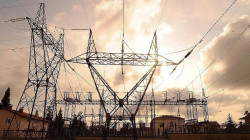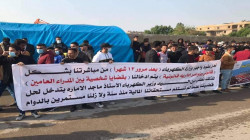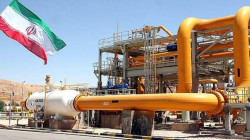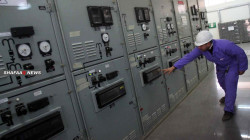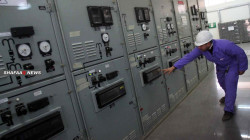Iraq loses over 5,000 MW of power due to suspension of Iranian gas supplies
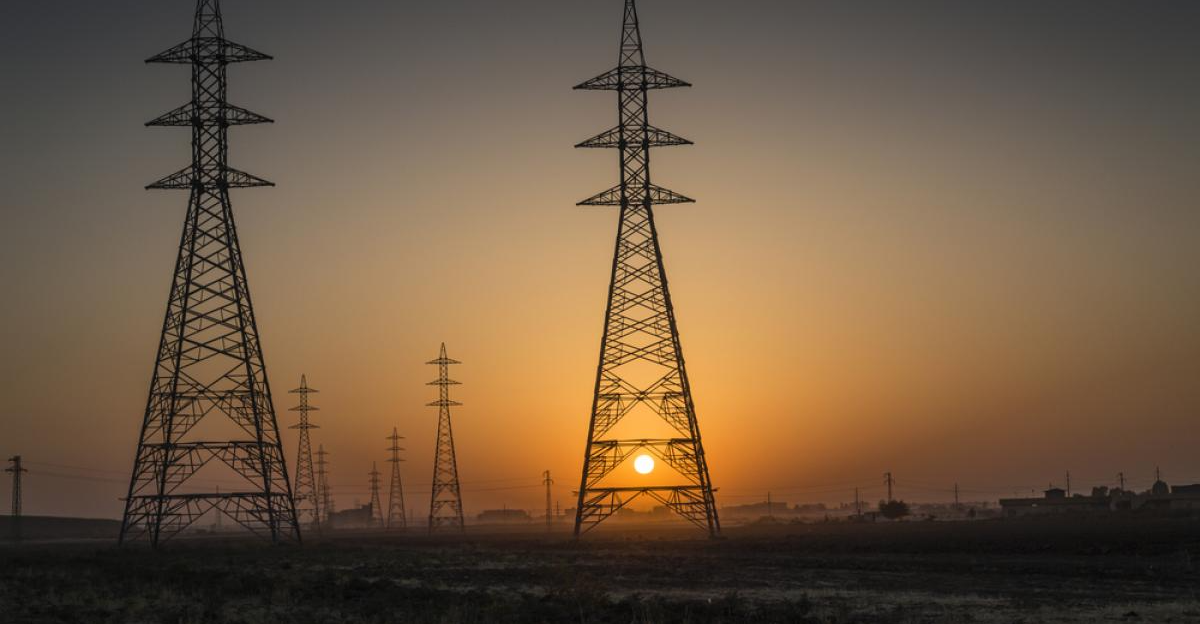
Shafaq News/ Iraq lost 5,500 MW of power due to the 15-day suspension of Iranian gas supplies for maintenance, which affected Baghdad, the central provinces, and the Middle Euphrates region, the Iraqi Ministry of Electricity announced on Sunday.
The ministry stated, "The gas supply is scheduled to be 25 million cubic meters per day, but only 7 million cubic meters are currently being supplied, redirected from Baghdad and central regions to the south."
"We are implementing strategic and emergency plans to boost the national electricity grid's capacity in all sectors (generation, transmission, and distribution)…We are also restarting long-stalled projects to recover lost generating capacity and stabilize supply,” the ministry added. “These efforts rely on a mix of national gas, local fuel, and imported gas for power plants until national gas field rehabilitation is completed."
Furthermore, the ministry said it would coordinate with the Ministry of Oil, as directed by the government, to compensate for the lost gas supply, urging the public to be “patient” until maintenance is completed and gas flow is restored.
Notably, Iraq has long struggled with chronic power shortages, particularly during the scorching summer months when temperatures soar to 50°C. Decades of wars and sanctions severely damaged the nation's power infrastructure, leading to widespread blackouts.
In response, Baghdad is focusing on regional electricity interconnection projects to stabilize its grid. The Gulf interconnection is set to add 500 megawatts to Basra, while a separate link with Saudi Arabia will initially supply 1,000 megawatts. These efforts are crucial, but Iraq remains reliant on Iranian gas, which has been unstable, according to experts.
To diversify its energy sources, Iraq has signed a preliminary agreement with Turkmenistan to develop 6,000 megawatts of solar power. Despite these initiatives, Iraq requires a consistent production rate of 35-40 thousand megawatts to ensure uninterrupted electricity. This underscores the crucial role of regional connections and ongoing energy diversification efforts.
